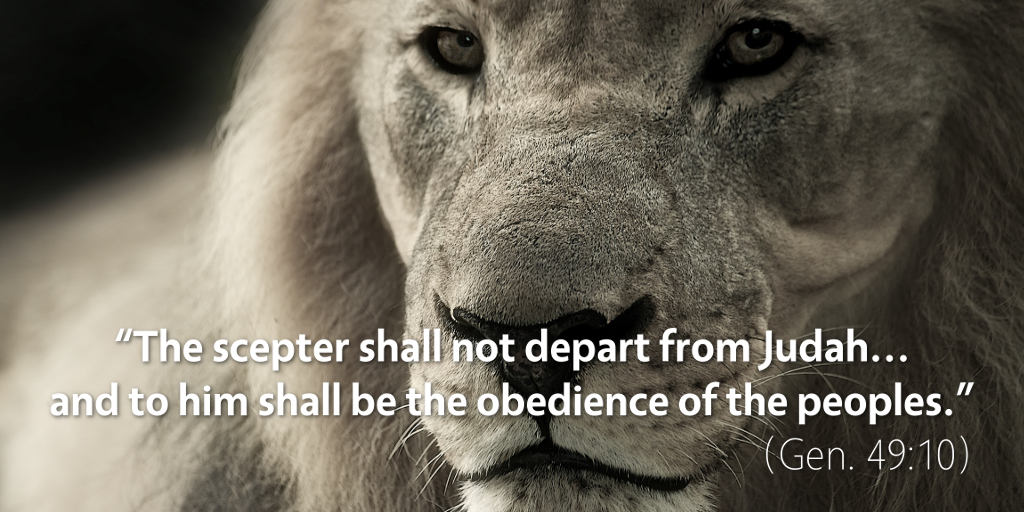Bible Readings for February 16th
Genesis 49 | Luke 2 | Job 15 | 1 Corinthians 3
Genesis 49 records the final words of Jacob before the patriarch is gathered to his people in death, buried in the same cave as Jacob’s grandparents Abraham and Sarah, Jacob’s parents, Isaac and Rebekah, and Jacob’s wife Leah (Gen. 49:29–33). The bulk of Genesis 49, however, focuses on the blessing Jacob gives to each of his sons in verses 1 to 27.
Now, remember that this kind of blessing on his deathbed is more than kind wishes for the future success of his sons. When Isaac blessed Jacob instead of Esau as he had intended back in Genesis 27, Isaac had no blessing of value left over for Esau. These are actual prophetic declarations from the men with whom God had made his covenant, and the most important promise comes to Jacob’s son Judah.
Here’s the crucial verse of what Jacob says concerning Judah: “The scepter shall not depart from Judah, nor the ruler’s staff from between his feet, until tribute comes to him; and to him shall be the obedience of the peoples” (Gen. 49:10). This vivid verse conveys one idea in many ways: out of Judah, God would eventually raise up kings, and the scepter will never depart from these kings from the line of Judah. Someone from the line of Judah will reign as king, and not only will he rule over his brothers (Gen. 49:8) but Judah will even command “the obedience of the peoples”—that is, the peoples of the whole world.
For a long time after this scene, Israel will have no king at all. God himself will rule over his people directly, first through the leadership of Moses, then through the leadership of Joshua, Moses’s assistant, and then finally through the leadership of various judges. Not until we get to 1 Samuel will we see any kind of king reigning over Israel, and, strangely enough, the first king, Saul, comes not from the line of Judah but from the tribe of Benjamin (1 Sam. 9).
But as it happens, God will eventually reject Saul and instead select a boy named David from the tribe of Judah to anoint as his king (1 Sam. 16). And to David, God will make this promise: “When your days are fulfilled and you lie down with your fathers, I will raise up your offspring after you, who shall come from your body, and I will establish his kingdom. He shall build a house for my name, and I will establish the throne of his kingdom forever” (2 Sam. 7:12–13).
Accordingly, when Jesus Christ was resurrected from the dead in glory, he was exalted and given an everlasting kingdom, to receive glory and honor and praise forever—not only from Israel, but from all peoples.
And in this way Jesus became the Lion of the Tribe of Judah who has conquered (Rev. 5:5), just as Jacob had prophesied.
Podcast: Play in new window | Download (5.2MB) | Embed
Subscribe: Apple Podcasts | RSS | More

Scripture quotations are from The Holy Bible, English Standard Version copyright © 2001 by Crossway Bibles, a division of Good News Publishers. Used by permission. All rights reserved.


